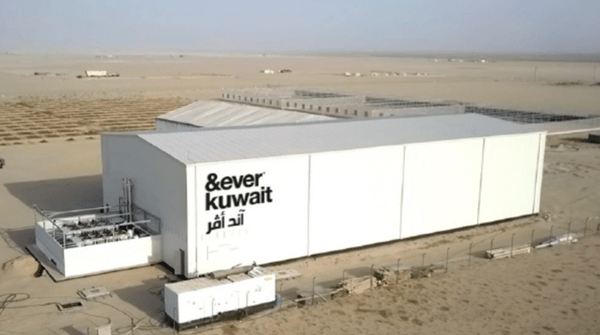- Dutch indoor agriculture company Growy has acquired all of the assets, IP and core team of Kalera International.
- Kalera International, formerly known as &ever, is a subsidiary of US-based vertical farm giant and publicly-traded company Kalera.
- Growy’s acquisition includes a fully operational automated farm in Kuwait as well as a new farm in Singapore. Both of these farms are not currently operating as Kalera International halted production earlier this year.
- Financial terms of the deal were not disclosed.
Why it matters:
Kalera acquired German vertical farm startup &ever in a $153 million deal in 2021, renaming it Kalera International in the process. As AFN wrote at the time, the acquisition gave Kalera the ability to instantly expand its international reach, capitalizing on &ever’s presence in Southeast Asia, Europe, and the Middle East-North Africa (MENA) region.
Other recent distress signals suggest Kalera’s priorities in 2023 are about surviving rather than scaling.
- In December 2022, Kalera shareholders approved a reverse stock split of its outstanding ordinary shares at a ratio of 100-for-1 to keep the company from getting delisted. The company said the split would “bring the company into compliance” with Nasdaq minimum share price requirements.
- In mid-January, Kalera halted production at its Orlando and Atlanta facilities in order to achieve cash flow break-even by the end of 2023. While Kalera said the halts were “temporary,” it did not name a timeframe for re-opening.
- In the same news brief, Kalera said it expected to sell seed-genetics company Vindara, which it bought in 2021, by this month (February 2023).
Growy CEO and founder Ard Van de Kreeke said on LinkedIn that the Kalera International acquisition gives the company access to strong technology, IP, and an experienced management team.”
“The acquisition is an important milestone on our way to building one of the first financially viable business models in the indoor vertical farming industry.”
This news is the latest in a growing number of setbacks for the CEA industry. However, companies, consultants and academics alike largely seem to agree that the bad news doesn’t mean the death of vertical farming, but rather, a much-needed shift to more realistic expectations.




